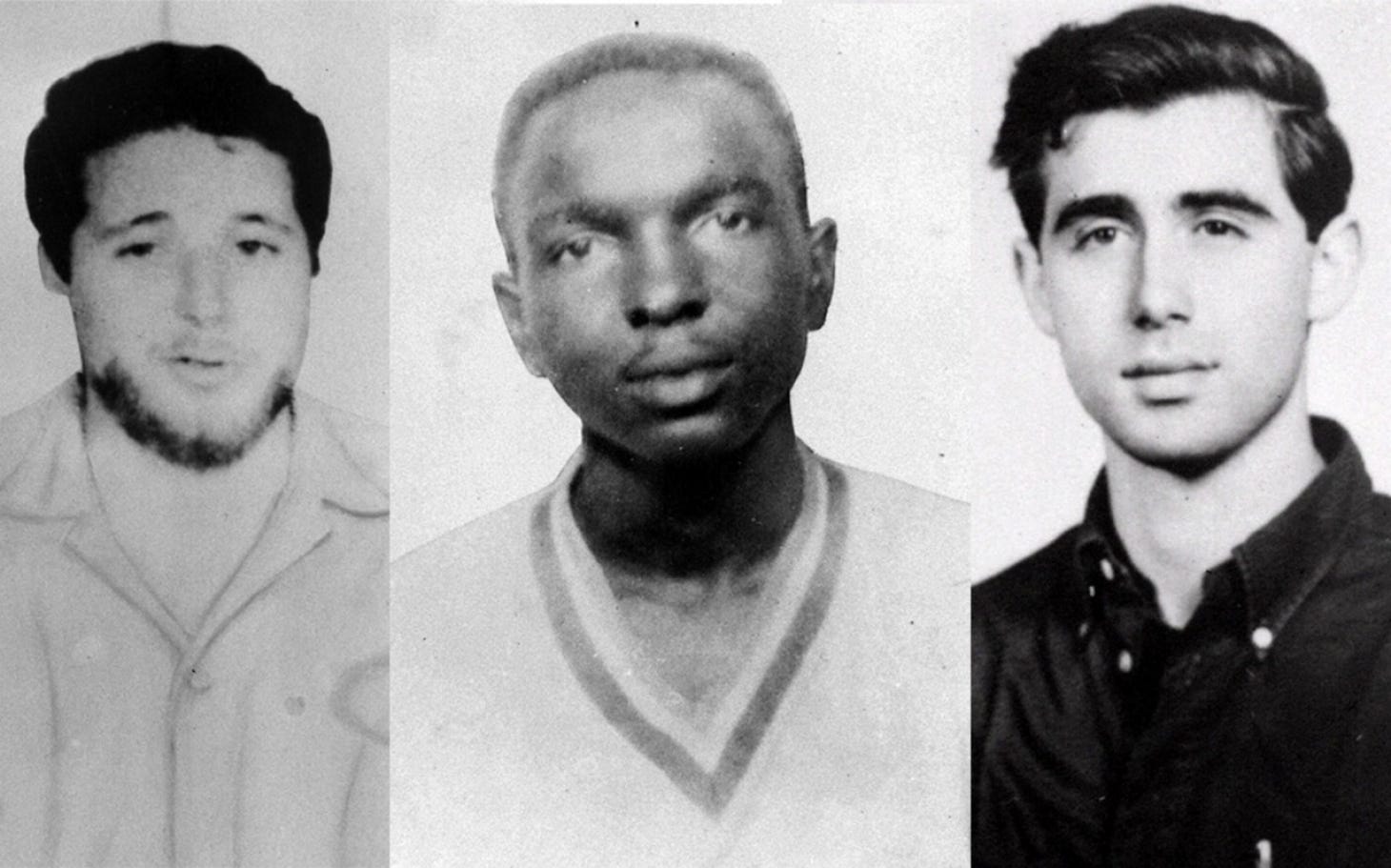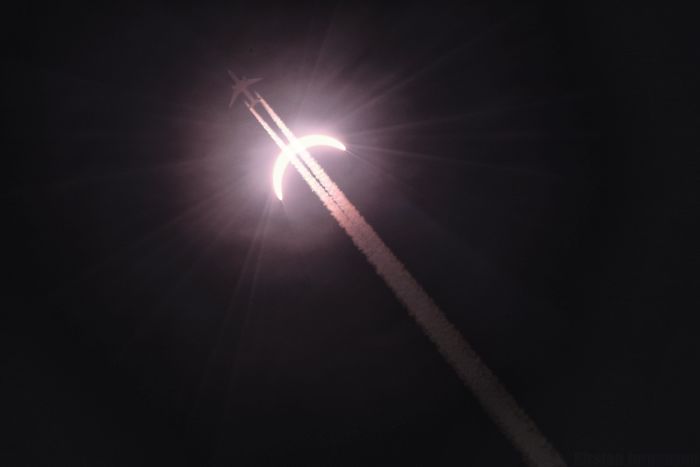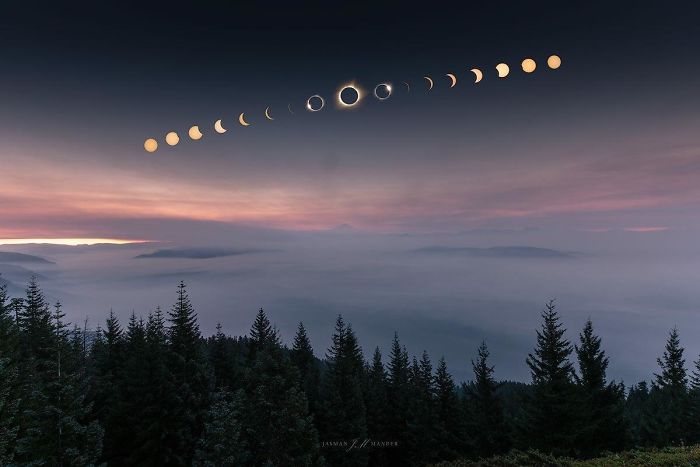This is an amazing story.
My father knew James Chaney, Andrew Goodman and Mickey Schwerner were dead as soon as he got the call that they were missing. Their bodies weren’t found until 44 days later.
What happened between that phone call and the discovery of their bodies is a story that’s been bastardized by Hollywood, overlooked by those intent on ignoring America’s painful history and mired in misinformation. But anyone involved in the 1964 Freedom Summer in Mississippi knows one undeniable truth: Dick Gregory’s heroic battle with the FBI is the reason those bodies were found.
As Mississippi director for the Congress of Racial Equality, my dad, David Dennis, Sr., sent Goodman, Chaney and Schwerner to Longdale, MS to investigate a bombing at the Mount Zion church. What my father didn’t know at the time, but is sure of to this day, is that the KKK perpetrated the bombing to lure the three workers out and kill them. The Klan also prioritized Mickey Schwerner as a target. The young, fiery organizer was a dynamo at rallying black people to register to vote. Schwerner offended the Klan most of all because he was white. A traitor. And he was Jewish.
Goodman, Chaney and Schwerner never made it back home after going to investigate the bombing. They never stood a chance . Reports since have indicated the three were arrested for speeding and placed in Neshoba County Jail until 10 pm. The three men were then followed from the jail by a group of Klansmen, including Deputy Sheriff Cecil Ray Price.
The three activists were taken out of that station wagon and shot. Evidence indicates Andrew Goodman was buried alive next to the bodies of Chaney and Schwerner, in pre-prepared graves. There are also variations of the story that indicate that Schwerner and Goodman were shot once in the heart and died immediately and that James Chaney was tortured before being killed. The murders were a culmination of a thoroughly planned conspiracy that started with the burning down of Mt. Zion. A plan that went from the sheriff all the way down to local high school kids. This is what terrorism looks like. This is what war looks like.
My father planned to be with the three men when they took the trip to investigate the church bombing. He was supposed to be riding with them when they were murdered. However, his bronchitis got in the way and the three men convinced him to just go home and take care of it. So he reluctantly drove to Shreveport, LA to be with his mother and recover. That was the last time he saw them. My father awaited phone calls about the workers’ whereabouts as standard procedure any time he dispatched someone for an assignment. As soon as he learned the men hadn’t checked in, he knew they were dead. Everyone did. White and black.
However, the lynch mob that murdered the men hid the bodies under a dam built on the property of one of the Klansmen, turning the crime into a missing persons story. And since two of the missing men were white, it became national news.
For 44 days.
For 44 whole days, a country speculated on the whereabouts of the three slain workers. What haunts my father as much as anything else that happened with the three workers is the fact that during the search, more bodies turned up. Slain black men, lynched by the Klan. Local Klan members and even J. Edgar Hoover, who in May stated that “outsiders” coming to Mississippi for Freedom Summer would not be protected by the FBI, fanned the flames of conspiracy, insinuating the three men were Communists who were either killed by their own or fled to Cuba. It seemed likely that the bodies would never be found. If not for Dick Gregory.
Dick Gregory was on a tour for “Ban he Bar” disarmament efforts traveling through Europe and Asia, and was in Moscow when he heard the news that Goodman, Chaney and Schwerner were missing. He canceled the rest of his trip and was in Jackson, MS the same night. Once there, he immediately met with James Farmer, the head of CORE. Gregory, Farmer and a caravan of 16 cars headed to Philadelphia to try to find the men. Gregory, like everyone else, knew those men were dead.
“They knew without a shadow of a doubt that they had been killed,” Gregory said in a 1964 interview with Mississippi Eyewitness. Gregory’s caravan was stopped before being able to conduct a full search, but he was granted an audience with Sheriff Rainey. That’s what tipped Gregory off about the missing men.
“I thought it was kind of strange that they would even see us,” he continued to tell Mississippi Eyewitness. “Because no Mississippi law enforcement agency — no law enforcement agency in the world — would see anyone not connected with the case when they are in the middle of an investigation. So the fact that they would see us meant that they were afraid of something.”
Gregory noticed a nervousness in the meeting with the Neshoba County Sheriff Lawrence Rainey, who was a top conspirator to the murders, Deputy Sheriff Cecil Ray Price, who was part of the lynch mob, the Chief Investigator of the State Highway Police and a city attorney. Also, he noticed the city attorney would pipe in and answer all of the questions. Gregory cut the meeting short. He had all he needed. It became clear this was a government-sponsored lynching perpetrated by Neshoba County law enforcement.
Later, Gregory would say that he put his finger in Rainey’s face and said, “You know you did it. And we’re going to get you!” Gregory presented a singular problem for Rainey and his boys: he was a “nigger” they couldn’t make disappear.
Gregory knew that there wouldn’t be an investigation in earnest, so he had a plan.
I told Farmer, “Jim I’ve got the wildest idea.” He said, “ What?” I said, “You know, the only way we’re gonna get it out is with large sums of money. If you’ll put up $100,000, we’ll break this case in one week.”
The comedian wasn’t able to get the full $100,000 but he was able to get $25,000 thanks to a phone call to Hugh Hefner. “Hefner understood what those rednecks didn’t: that things had changed,” he told British GQ in 2011. That you could no longer argue that you’d ‘killed three Jews’. Or ‘killed three blacks’. What you’d done was, you’d killed three fellow human beings.”
Gregory drove to Meridian and announced a $25,000 reward for any information on the location of Goodman, Chaney and Schwerner. The next day, the FBI put out their own $30,000 reward. However it was Gregory who would receive a tip. “I received a letter quite some time ago that practically pinpointed the spot where the bodies were found,” he continued to tell Mississippi Eyewitness shortly after the bodies were found. “I gave this letter to the FBI and the FBI denied that the letter was any good. But they never denied the location stated in the letter.”
As far as many civil rights activists are concerned, it was the pressure Dick Gregory put on the FBI that led to the discovery of the three workers’ bodies. Anyone in Mississippi, my father included, believe the FBI always knew where the bodies were and only revealed where the bodies were after finding out Gregory also had that information. The importance of the discovery of those three bodies can’t be overstated as it revealed, once again, the hellish hatred resting in the heart of Mississippi for black people simply trying to get access to vote. The discovery of the bodies killed conspiracy theories and propaganda that wanted to convince the public that the three men had fled or weren’t victims of racial violence. And the revelation that the men were murdered provided the final straw, creating enough fervor for the 1964 Civil Rights Act to pass Congress.
Eventually 19 men would be tried. The state of Mississippi refused to prosecute them for murder so they went to trial for violating the civil rights of the three men they killed. Only seven of the men were convicted with sentences ranging from three to 10 years. In 2005, Edgar Ray Killen, who was 80 at the time, was convicted of manslaughter.
If you want to piss off anyone who participated in the 1964 Freedom Summer all you have to do is bring up Mississippi Burning. The 1988 movie stars Gene Hackman and Willem Dafoe and is a white-centered flick about the investigation into the murders of Goodman, Chaney and Schwerner. The movie depicted the FBI as the heroes in the case and glossed over any black heroism that took place that summer. And it never once mentions Dick Gregory. When my father talks about the movie, he always goes back to one fact: those bodies would not have been found if not for Dick Gregory. And the placement of the FBI as heroes is nothing but propaganda. In fact, in 1964, Gregory had a message for the government organization:
It sort of looks like the FBI has been going out of its way to gather information to clear the FBI rather than to solve the crime…It’s not so much what more the FBI could do. It’s what they have not and are not doing. You know, this whole business is crazy. If these Mississippi white Klansmen, who do not know how to plan crimes, who are ignorant, illiterate bastards, can completely baffle our FBI, what are all those brilliant Communist spies doing to us? A plane crashes and two weeks later the FBI patches up that plane so good that United can damn near use it again. And know exactly how it happened, and who did it. Do you mean to tell me that the FBI can’t go into the South and make arrests for racial killings that were not planned, which were not done by clever people? Frankly, I think the FBI is lying and hiding…No one else on the face of the earth today is blowing up churches and getting away with it. We all know that if a Negro would blow up one church any place, the FBI would not sleep until they brought him in. So, this proves to me that the FBI is not only a very vicious group, but also shows that the FBI, as far as the Negro is concerned, is a second Klu Klux Klan.
Dick Gregory is a hero. It’s a fact my dad has instilled in me since my childhood I was a child. I met him once and thanked him for all he did but I didn’t thank him enough. He helped bring justice for three men — that could have been four if my dad were in that car. He was fearless, relentless and unstoppable. He’s deserved every bit of praise and reverence he’s received since his passing and more for this story. I wish more people knew the real story about James Chaney, Andrew Goodman and Mickey Schwerner. Their murders, along with Dick Gregory’s pursuit of justice and civil rights, should be repeated in every classroom across the country.
David Dennis, Jr. is a writer and editor based out of Atlanta (but it’s still WHO DAT all day). He’s an adjunct professor at Morehouse College. His writing has appeared in The Guardian, The Smoking Section, Playboy,CNN Money, The Source, Complex.com, ESPN’s The Undefeated and wherever people argue about things on the Internet. He’s a New Orleans Press Club award recipient and has been cited in Best Music Writing. He’s also a proud alum of Davidson College.
Please recommend the article if you enjoyed it. Be sure to follow us onTwitter and Facebook, username WeAreStillCrew.















